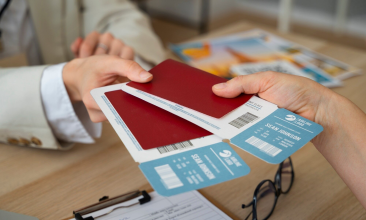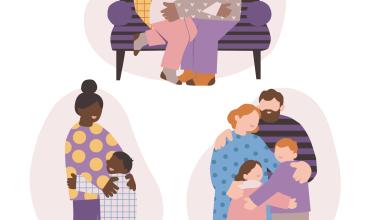Immigration, Refugees and Citizenship Canada (IRCC) will not support a pet's travel unless it is a service animal for a person with a recognized need. Resettled refugees are responsible for arranging their own transport for household pets.
Service animals
Legitimate reasons for bringing in a service animal include situations where a person has a disability, such as:
- visual impairment (blind or low vision)
- hearing impairment (Deaf or hard of hearing)
- mental health disorders (such as schizophrenia, post-traumatic stress disorder and bipolar disorder)
- seizure disorder (such as epilepsy)
- mobility impairment (such as amputation, cerebral palsy, stroke, multiple sclerosis, muscular dystrophy and arthritis)
- diabetes
If the need for a service animal is not evident, the refugee or their family must provide a medical examination report to confirm the need.
Before agreeing to organize the pet's travel, the International Organization for Migration (IOM) must ensure that the refugee has met and paid for all pre-departure conditions and understands all the requirements and costs they may incur on arrival in Canada. You can find more information in Bringing animals to Canada: Importing and travelling with pets.
The IOM will inform the IRCC Resettlement Operations Centre in Ottawa (ROC-O) of valid cases where travel conditions are met. ROC-O will evaluate these cases in consultation with resettlement services, as required, and other partners in Canada (sponsors).

